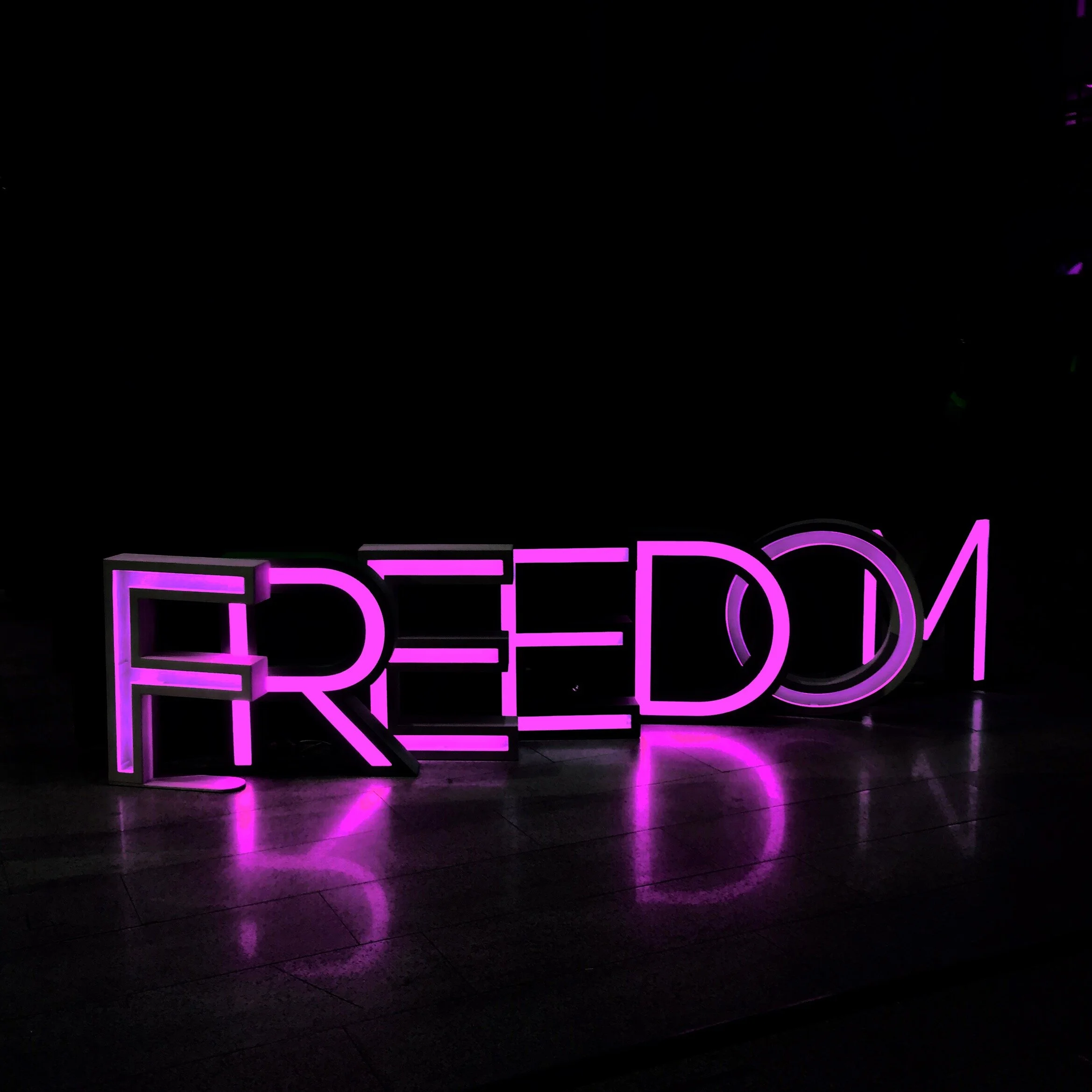In one way or another, we have all been “far off” unable to mark important moments in our lives and those of friends and family – birthdays and shivas, holidays and Shabbat, graduations and weddings – in ways that felt real, with a celebratory hug or comforting touch. So Torah reminds us today we need not feel permanently exiled, like we missed out on something we can never make up. Instead, God invites to come back, to try again another time…. More important than doing things at the right time, is our willingness to try again later, to return to community as we’re ready and able.
Read MoreThe Talmud teaches that the way to relate to the wilderness, though it’s extremely challenging at times, is to — rather than fight the wilderness — instead make ourselves like the wilderness, open to receiving each experience, the joyful and the difficult, with an open heart, listening for what we could learn from it. When we do this, the Talmud says, Torah is given to us as a gift.
Read MoreOne of the special times Torah describes this week is called “the Omer”, the 7 weeks we are in, between Passover and Shavuot (a holiday that celebrates receiving Torah at Mt. Sinai). These weeks, like other special moments in our lives remind us of some basic truths we too easily forget. The Sefat Emet, a 19th century Hasidic rabbi teaches Passover is the season not just of freedom but of our own personal liberation.
Read MoreWe journey toward the lives we had incrementally, as we navigate, outside our community, a world that still mostly hasn’t had access to the vaccine. While it would be so easy to put our hopes and expectations on hold until everything was exactly the way we wanted it to be, our tradition challenges us to instead use this time intentionally. Torah could have simply instructed us to observe Shavuot — the day we commemorate our gathering at Sinai, right after Passover, our moment of liberation — but it instead instructs us to build in 7 weeks, between these two central moments in our people’s story.
Read MoreOur act of pouring a cup and opening the door to welcome Elijah each year [is] a test of our ability and desire to welcome others — to open our door, our hearts, even to people or experiences we may consider unpleasant or undesirable. [T]his moment in the seder is our chance to make sure our values actually translate into action: How wide do we open our doors, and the doors of our hearts? How ready do we feel to welcome a stranger to our table?
Read MoreImagine: after 400 years of slavery in Egypt, during which they have been unable to determine their comings and goings, or tell one day from another, our ancestors are now free, have the power to shape their schedule. Rashi imagines God helping out by pointing at the moon as it waxed, and saying to Moses: “when you see the moon in a stage of renewal similar to this…you may proclaim that a new month has begun.” This is a tender moment of transition when God helps our people regain agency by giving them control over their schedules.
Read MoreEspecially during times of great uncertainty, we may not buy into the mystic’s belief God’s hand is literally or metaphorically hidden in everything — so Mordechai’s question invites Esther — and by extension all of us -- to focus, not on the power of God’s presence, but on the power of human action! When faced with a challenge, do we, like Haman, fall into victimhood and cast blame? Or, like Esther, do we step up as the person we want to be, find an opportunity to be kind and do good?
Read MoreMuch like the vaccine, the Jewish calendar repeats, administers a dose of hope or freedom – and then, because everything fades with time, delivers a “booster dose” the next year: spiritual practice, liturgy, and sacred story that helps us integrate the experiences we had during the year. In this way, Yom Kippur is a “booster shot” for forgiveness, Sukkot a “booster shot” for gratitude, and Purim a “booster shot” for joy: Misheniknas Adar marbim b’simcha / "Whoever enters Adar," the sages declare, "increases in joy."
Read MoreIn the days ahead, when Amalek, that voice of doubt or cynicism, tries to overtake us, tells us the daily struggle is too much, let’s remember that Moses didn’t hold his hands up alone, no: a trusted companion was there on either side of him, supporting him. As we prepare to enter our own Promised Land at the end of this long wilderness journey, we need each other now more than ever.
Read More







